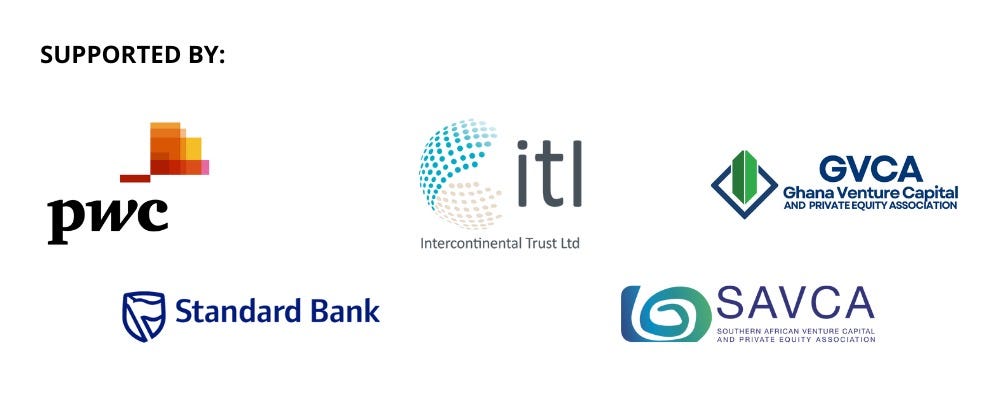Ghana’s pension funds could unlock over $1bn for private capital investment
A new report underscores the disconnect between the rapid growth of Ghana’s pension industry and its limited allocation to private capital.
** For the best experience, download the free Africa Private Equity News app Android | iOS **
The African Private Capital Association (AVCA) has released a report that underscores the disconnect between the rapid growth of Ghana’s pension industry and its limited allocation to private capital. With total pension assets under management reaching GHS 86.4 billion (US$6.2 billion) by end-2024, the industry has grown into a key pillar for long-term domestic savings.
Despite progress made, Ghana falls behind more advanced regional peers in deploying pension assets to alternatives, utilising just 4.4% of its 25% limit, compared to Nigeria’s 34% usage of a 5% cap and South Africa’s around 8% allocation under its 15% regulatory ceiling. This mirrors a wider continental pattern of underutilisation, with many markets yet to seize progressive regulations and maturing investment ecosystems. This gap illustrates how Ghana’s pension system, despite its size and sophistication, remains underexposed to productive investments that could strengthen private sector growth and reduce reliance on short-term securities.
Adopting capital allocation strategies aligned with impact and national development priorities, the report notes that Ghanaian pension funds prioritise investments in healthcare (55%), agribusiness (45%), and technology (40%). By asset class, 38% favour real assets such as property and infrastructure, 24% prefer private equity, and 19% are exploring venture capital, signalling a shift from passive accumulation to active deployment. Many favour DFI-backed vehicles (28%) for their de-risking role and co-investment models (22%) that enable shared due diligence and provide investment protection.
While regulatory reforms and new investment directives signal progress, four categories of barriers continue to limit deeper participation: regulatory constraints, including complex fund licensing processes; market challenges such as limited investable pipelines; structural gaps in data transparency and institutional capacity; and GP-related issues, with 89% of pension funds interacting with fewer than three fund managers in the past year.
Some 65% of respondents intend to increase exposure to private equity within five years. This momentum is supported by the government’s May 2025 directive encouraging pension funds and insurers to allocate at least 5% of assets to private equity and venture capital by 2026, signalling a crucial step toward mobilising long-term domestic capital for development.
The report outlines four strategic priorities to deepen pension participation in private markets:
Enhancing data transparency and engagement between funds and managers
Building institutional capacity through targeted training and pooled investment structures
Deploying blended finance and co-investment tools to mitigate risk
Advancing regulatory reforms to recognise Limited Partnerships and streamline fund licensing.
Commenting on the findings, Abi Mustapha-Maduakor, CEO of AVCA, said, “Ghana’s pension funds are at an inflexion point. The data highlights both the scale of investable domestic capital and the practical barriers that continue to hold it back. Unlocking this potential will require a combination of regulatory clarity, institutional capacity-building, and deeper collaboration between fund managers and local investors. This mirrors a broader shift across Africa, where governments are enacting policies to channel domestic savings into productive investments at home and across borders. With these foundations in place, Ghana’s pension system can become a catalyst for long-term, sustainable growth.”
Want to know who is raising, investing, and exiting in Africa? Get Africa Private Equity News’ monthly Dealmaker’s Log – a database of reported investment deals, exits, and fundraising closes. Subscribe now



